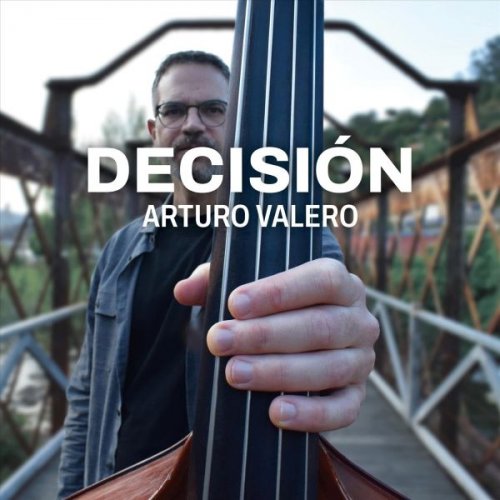Bob Hall & Dave Peabody - Down The Boad Apiece / Roll And Slide (Reissue) (1996)
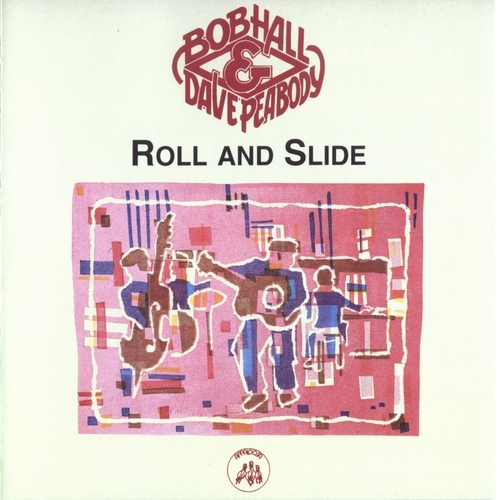
Artist: Bob Hall & Dave Peabody
Title: Down The Boad Apiece / Roll And Slide
Year Of Release: 1996
Label: Appaloosa
Genre: Boogie, Blues
Quality: Flac (image, .cue, log)
Total Time: 01:10:06
Total Size: 454 Mb (scans)
WebSite: Album Preview
Title: Down The Boad Apiece / Roll And Slide
Year Of Release: 1996
Label: Appaloosa
Genre: Boogie, Blues
Quality: Flac (image, .cue, log)
Total Time: 01:10:06
Total Size: 454 Mb (scans)
WebSite: Album Preview
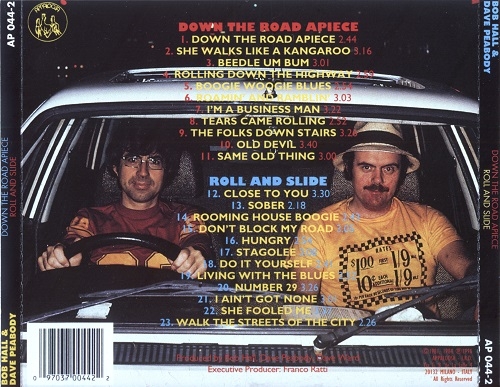
Tracklist:
Down The Boad Apiece - 1981:
01. Down The Road Apiece - 02:44
02. She Walks Like A Kangaroo - 03:16
03. Beedle Um Bum - 03:01
04. Rolling Down The Highway - 02:59
05. Boogie Woogie Blues - 02:54
06. Roamin' and Ramblin' - 03:02
07. I'm A Business Man - 03:22
08. Tears Came Rolling - 02:52
09. The Folks Down Stairs - 03:26
10. Old Devil - 03:40
11. Same Old Thing - 03:00
Roll and Slide - 1984:
12. Close To You - 03:30
13. Sober - 02:18
14. Rooming House Boogie - 02:43
15. Don't Block My Road - 03:05
16. Hungry - 02:54
17. Stagolee - 03:08
18. Do It Yourself - 02:41
19. Living With The Blues - 02:52
20. Number 29 - 03:26
21. I Ain't Got None - 03:01
22. She Fooled Me - 03:37
23. Walk The Streets Of The City - 02:26
London, England. At the time of the release of his debut solo album in 1993, Hall had established a significant reputation as a blues pianist and keyboard player. Howlin’ Wolf, John Lee Hooker, Chuck Berry, Mississippi Fred McDowell, Little Walter, Homesick James, Savoy Brown, Snooky Pryor, Lightnin’ Slim, Alexis Korner, Jack Bruce, Muddy Waters, Jo Ann Kelly and the Groundhogs are among the many artists he has accompanied. Additionally with his friend Bob Brunning he was a member of the Brunning Sunflower Blues Band, and later Brunning Hall Sunflower Blues Band and Brunning Hall. Moreover, despite appearing on nearly 100 separate blues albums, Hall never gave up his day job as a solicitor in Swindon, Wiltshire, and Sheffield, Yorkshire.
Hall first heard blues via Winifred Atwell’s boogie-woogie in the early 50s, when he started playing as an 11-year-old in Bermondsey, London. However, it was his first exposure to Howling Wolf’s ‘Smokestack Lightning’ that really initiated his lifelong obsession with the blues. He was trained by Brighton teacher Mr Heckman, a former collaborator with Stéphane Grappelli, and his father, also a pianist. By the time he enrolled at Durham University he was enraptured by the British blues boom pioneered by the Yardbirds, and applied continually for piano positions through Melody Maker’s situations vacant column. Eventually he gained an audition for the Dollar Bills, led by Tony McPhee, which proved successful. The unit soon changed its name to the Groundhogs, and Hall’s first live experience came backing John Lee Hooker on his UK tour in 1964. From that point onwards he began an odyssey of support appearances for blues greats such as Fred McDowell, Little Walter, Howlin’ Wolf and Muddy Waters, both on stage and on record. He also wrote much of the material for a band called Tramp, which included Mick Fleetwood, Dave Kelly and Jo Ann Kelly. Sadly, after one album for Spark Records, the group fell apart. Together with Rolling Stones pianist Ian Stewart, drummer Charlie Watts and another pianist, George Green, Hall then recorded Jamming The Boogie for Black Lion Records, another record that achieved significant acclaim.
Between such projects Hall continued to meet and play with visiting American blues artists. To commemorate the 50th anniversary of the release of the first boogie-woogie record, his next project was Rocket 88 (1981), which also involved Korner, Bruce, Watts and Stewart. Two years were then lost to illness in the early 80s. It was only in the 90s that Hall began to think of himself as a songwriter rather than accompanist, leading to the release of At The Window in 1993, although he continued to tour and record in a group format with the Blues Band. He continued to concentrate on his vocals, notably with Don’t Play Boogie in 2000. His relaxed and effortless delivery is similar to that of Mose Allison.
Hall first heard blues via Winifred Atwell’s boogie-woogie in the early 50s, when he started playing as an 11-year-old in Bermondsey, London. However, it was his first exposure to Howling Wolf’s ‘Smokestack Lightning’ that really initiated his lifelong obsession with the blues. He was trained by Brighton teacher Mr Heckman, a former collaborator with Stéphane Grappelli, and his father, also a pianist. By the time he enrolled at Durham University he was enraptured by the British blues boom pioneered by the Yardbirds, and applied continually for piano positions through Melody Maker’s situations vacant column. Eventually he gained an audition for the Dollar Bills, led by Tony McPhee, which proved successful. The unit soon changed its name to the Groundhogs, and Hall’s first live experience came backing John Lee Hooker on his UK tour in 1964. From that point onwards he began an odyssey of support appearances for blues greats such as Fred McDowell, Little Walter, Howlin’ Wolf and Muddy Waters, both on stage and on record. He also wrote much of the material for a band called Tramp, which included Mick Fleetwood, Dave Kelly and Jo Ann Kelly. Sadly, after one album for Spark Records, the group fell apart. Together with Rolling Stones pianist Ian Stewart, drummer Charlie Watts and another pianist, George Green, Hall then recorded Jamming The Boogie for Black Lion Records, another record that achieved significant acclaim.
Between such projects Hall continued to meet and play with visiting American blues artists. To commemorate the 50th anniversary of the release of the first boogie-woogie record, his next project was Rocket 88 (1981), which also involved Korner, Bruce, Watts and Stewart. Two years were then lost to illness in the early 80s. It was only in the 90s that Hall began to think of himself as a songwriter rather than accompanist, leading to the release of At The Window in 1993, although he continued to tour and record in a group format with the Blues Band. He continued to concentrate on his vocals, notably with Don’t Play Boogie in 2000. His relaxed and effortless delivery is similar to that of Mose Allison.
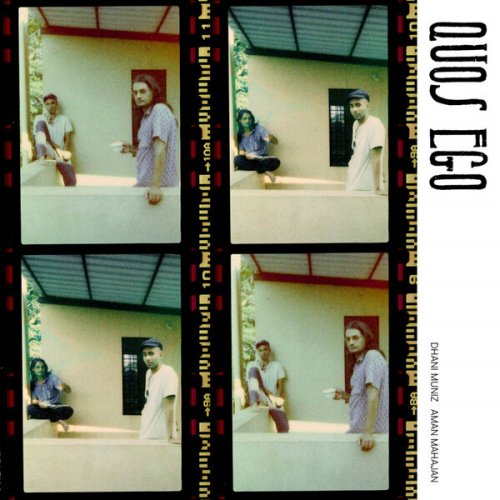
![Ragini Trio - 3 (2026) [Hi-Res] Ragini Trio - 3 (2026) [Hi-Res]](https://img.israbox.com/img/2026-02/19/uoki2dxo3dfz215xa2kz53gcp.jpg)
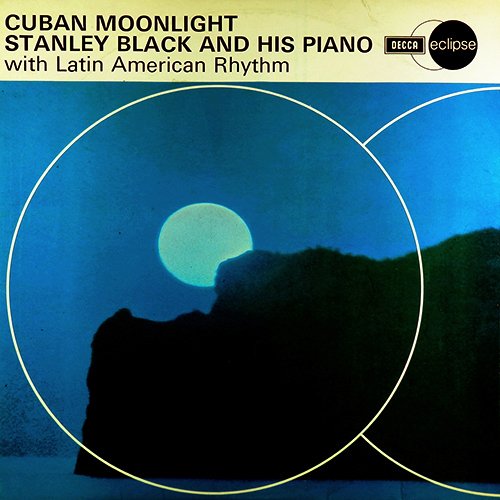
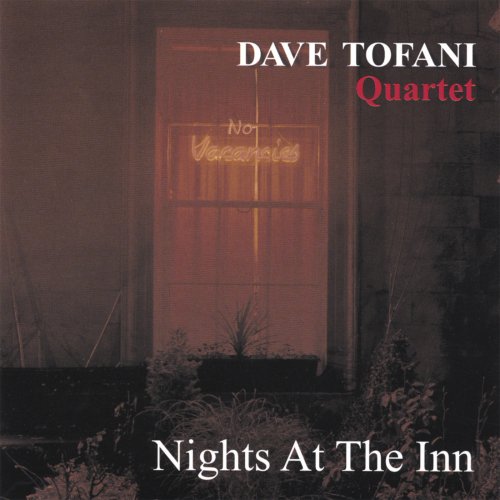
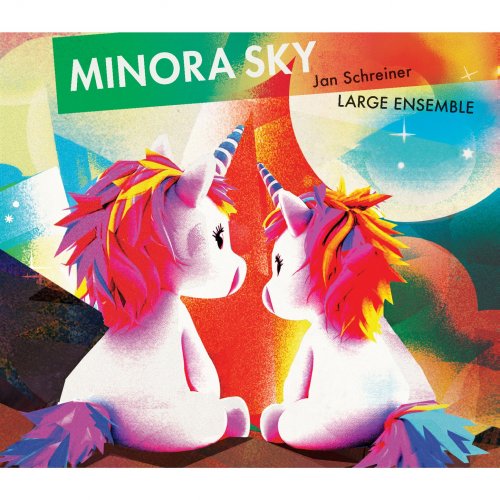
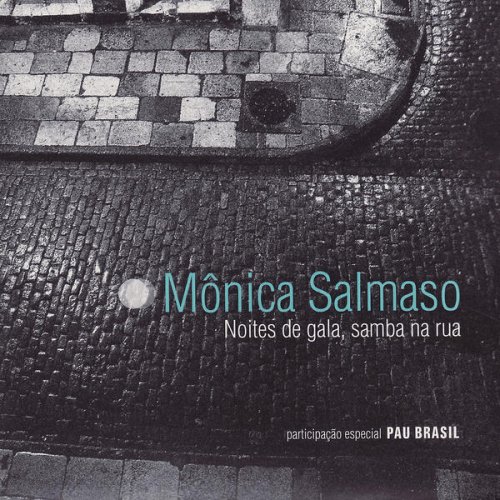
![Danakil Safari - From the Soil (2026) [Hi-Res] Danakil Safari - From the Soil (2026) [Hi-Res]](https://www.dibpic.com/uploads/posts/2026-02/1771561850_h6jyygzrq1lpb_600.jpg)
![Susie Philipsen - Sunday Kissing Club (2026) [Hi-Res] Susie Philipsen - Sunday Kissing Club (2026) [Hi-Res]](https://www.dibpic.com/uploads/posts/2026-02/1771738386_500x500.jpg)
